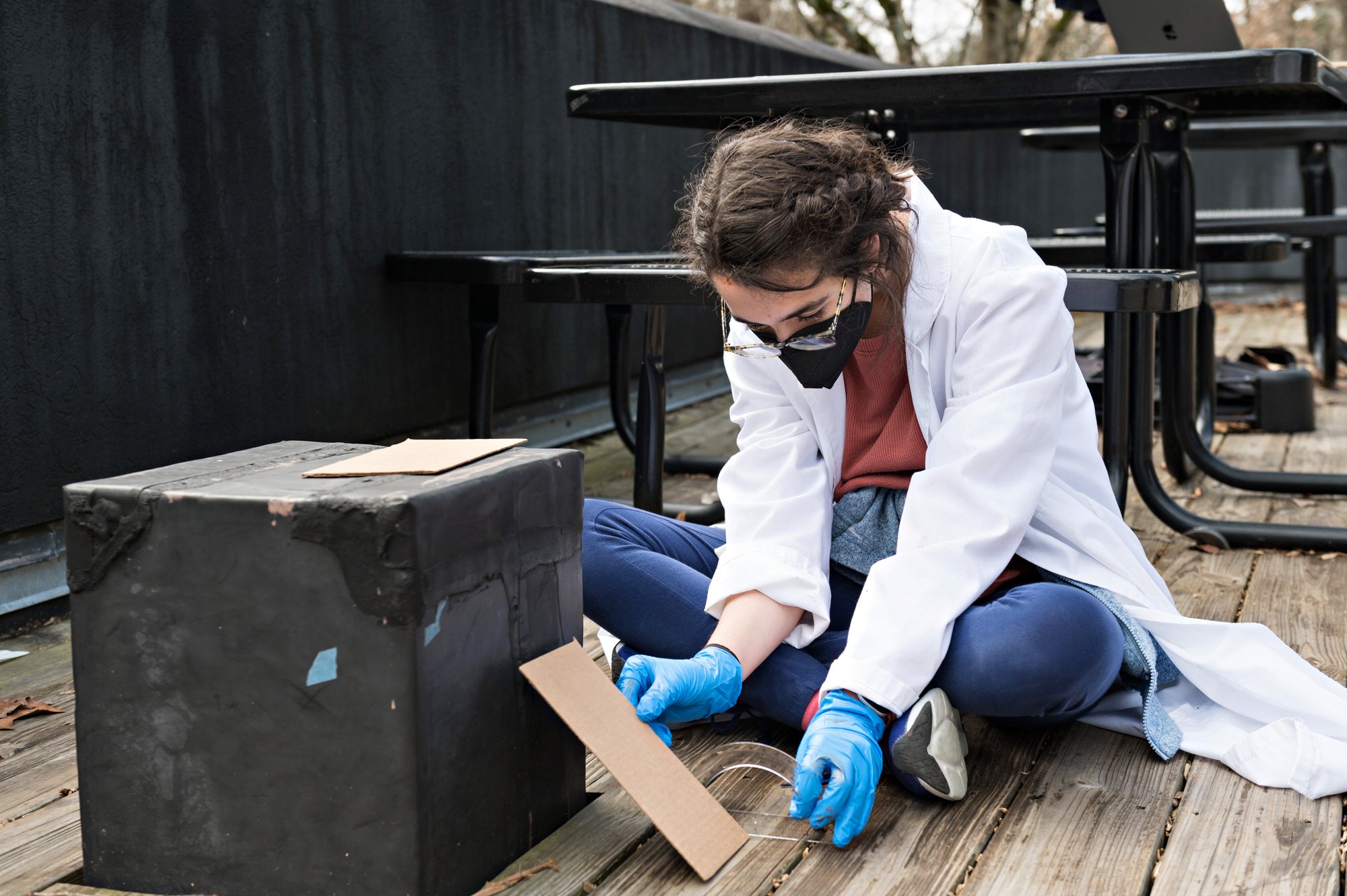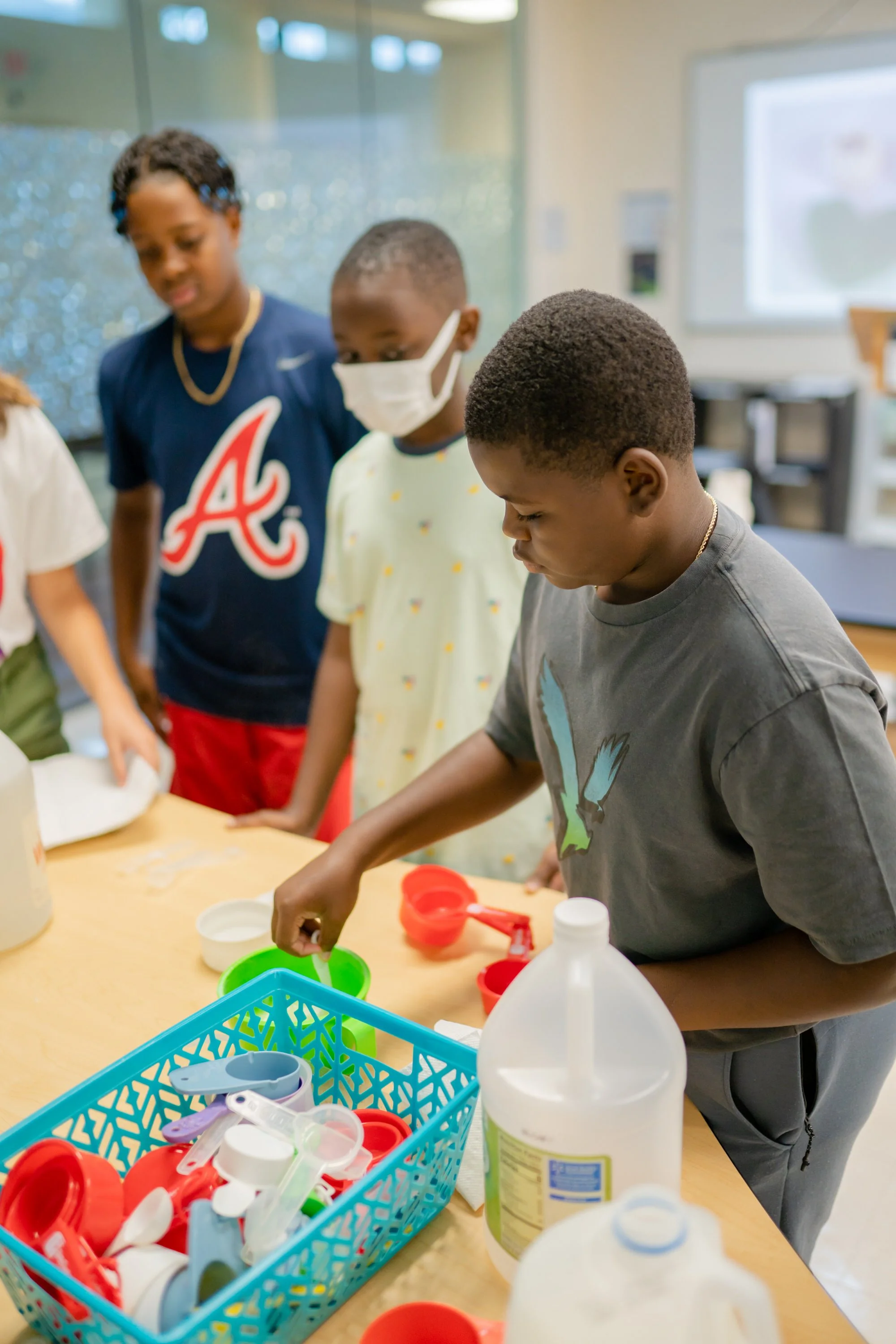
Problem-Based Learning
The MIS Curriculum Model
Your child debates censorship while investigating why certain books get banned. He invents his own country complete with a constitution, a culture, and religious traditions. She works with Trees Atlanta to address erosion problems on campus property.
All of these examples come from our use of problem-based learning in every classroom. Through this approach, students employ research, inquiry, and collaboration to formulate solutions to global problems.
No matter what grade or class, our teachers prompt students with an open-ended problem, where there is no easy or “right” answer. Students then work together to generate questions they need to answer to formulate a solution. Next, students prioritize and craft their questions into a research plan. They work through their plans both independently and collaboratively to design and evaluate possible solutions. While this last step may manifest as a final project or a demonstration of their learning, MIS teachers continually assess the entire problem-solving process.
Problem-Based Learning at MIS:
Builds on the assumption that learning is an active, integrative, and constructive project
Maintains a student-centered approach
Empowers teachers to act as facilitators rather than disseminators
Employs open-ended questions that serve as the stimulus and framework for learning
Sparks students’ interest in the subject matter
Emphasizes authentic learning as opposed to recall
Promotes teamwork
Helps students become self-directed learners
Problem-Based Learning Parent Seminar
Want to learn more about how Problem-Based Learning works at MIS? Watch this presentation by our Head of School, Mr. Ashley Scott and K-8 Principal, Ms. Katie Matthews, as part of our parent education seminar series. More questions about PBL? Contact us or schedule a tour to learn more.


